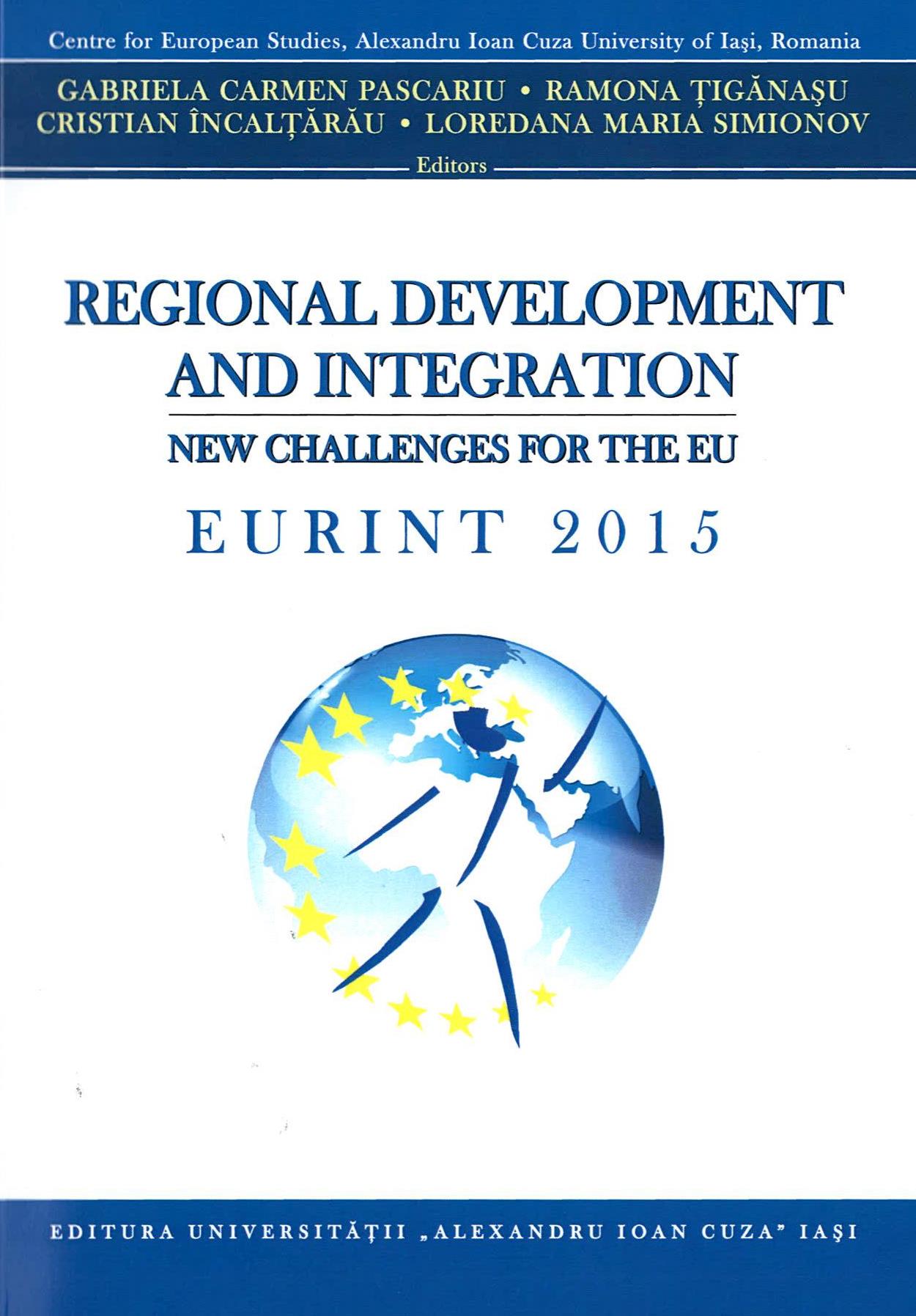SMART SPECIALISATION IN THE LESS ADVANCED REGIONS. WHAT ARE THE KEY CHALLENGES?
SMART SPECIALISATION IN THE LESS ADVANCED REGIONS. WHAT ARE THE KEY CHALLENGES?
Author(s): Igor RotaruSubject(s): Politics / Political Sciences
Published by: Editura Universităţii »Alexandru Ioan Cuza« din Iaşi
Keywords: innovation; smart specialization; regional development;
Summary/Abstract: A new element that Cohesion Policy brings for 2014-2020 is the need for states and regions to draw Research and Innovation Smart Specialisation Strategies (RIS3) as a pre-condition to access EU funds. The novelty and the flexibility (due to the diversity of the regions from EU) of the concept of Smart Specialisation makes it ambiguous and can lead to a lack of understanding among the regional policymakers. Also, there are questions related to the purpose of the RIS3 for the Cohesion Policy and to the adequacy of the RIS3 precondition for less advanced regions that lack capacities to deliver innovation policies. This article aims to explore the role of the Smart Specialisation concept in the context of the new Cohesion Policy and to analyze the possible implications of RIS3 in the less advanced regions. The analysis is conducted using the economic development approach and the policy perspective. The research method includes a content analysis of 12 preliminary versions of Smart Specialisation Strategies presented by regional policy makers within the Smart Specialisation Platform (a network created by European Commission in 2011 with the aim to provide information, methodologies and expertise to the states and regions).
Journal: EURINT
- Issue Year: 2/2015
- Issue No: 1
- Page Range: 319-327
- Page Count: 9
- Language: English

